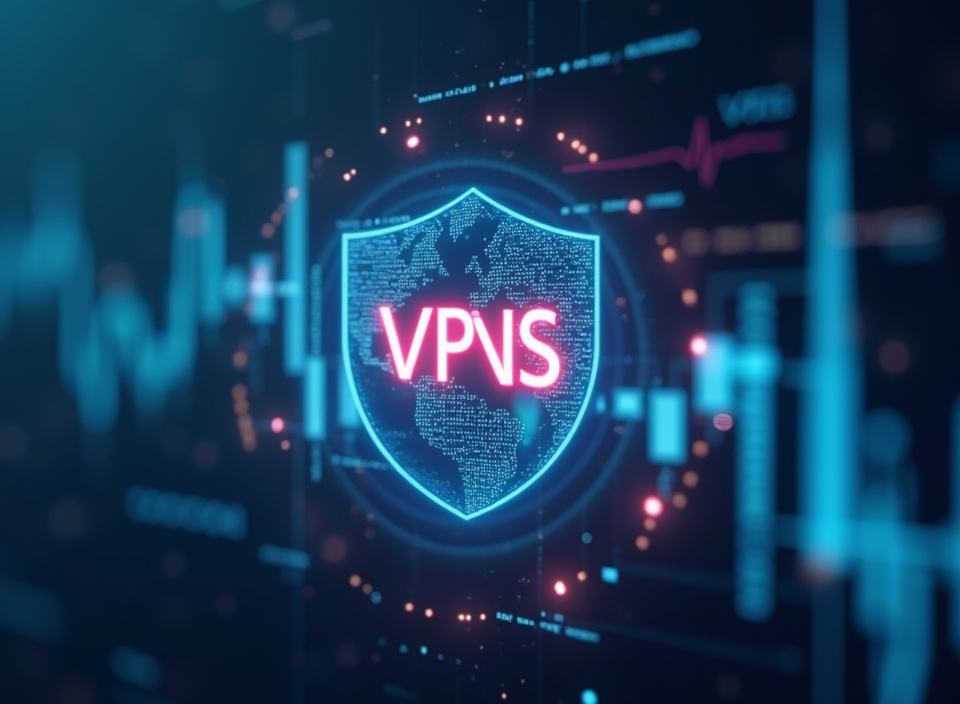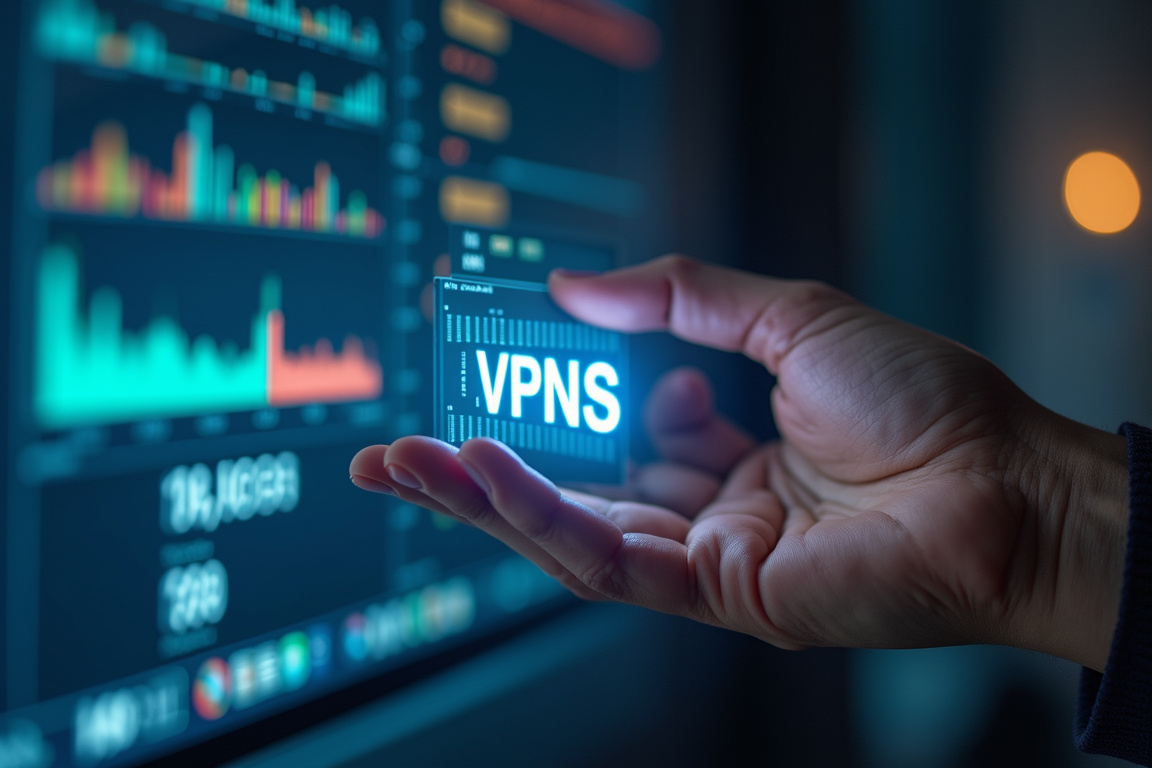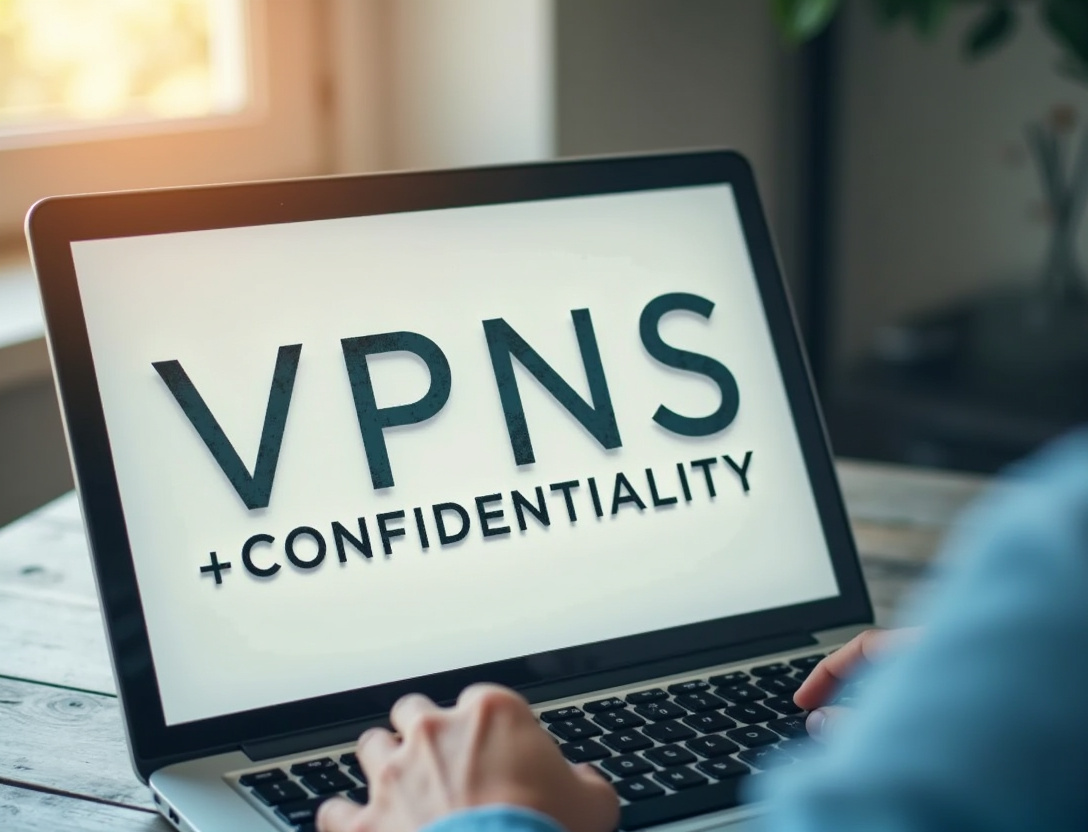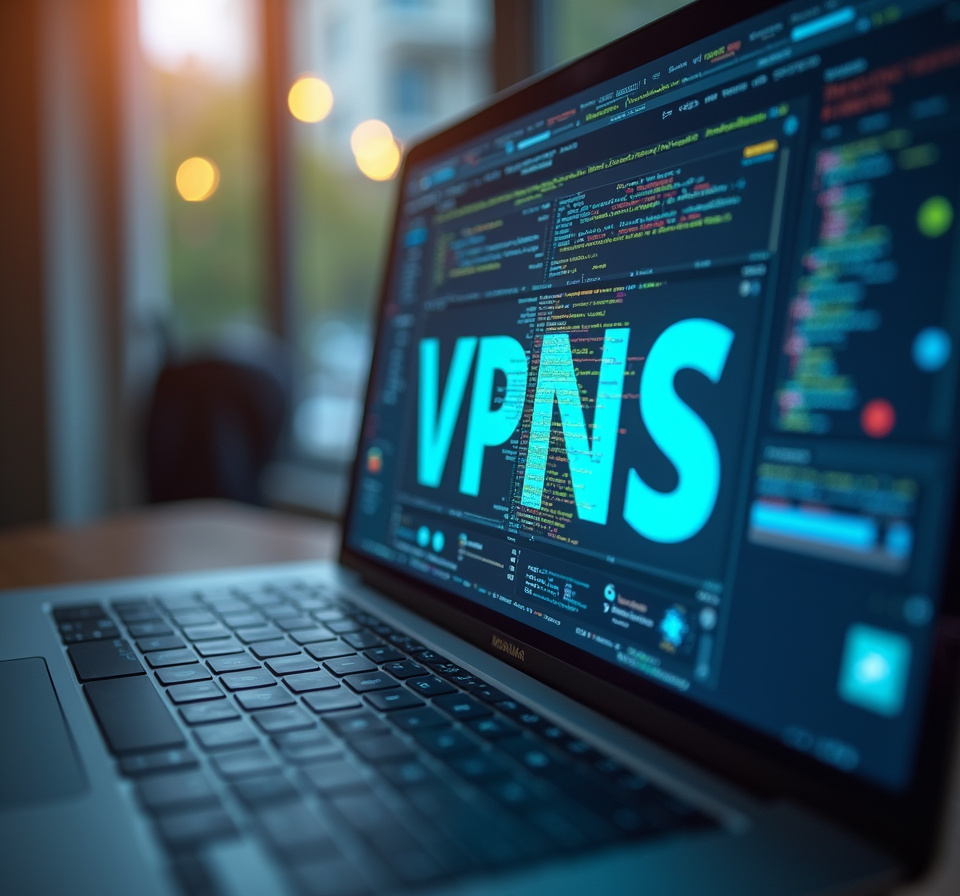VPNs for Legal Professionals: Protecting Client Communications
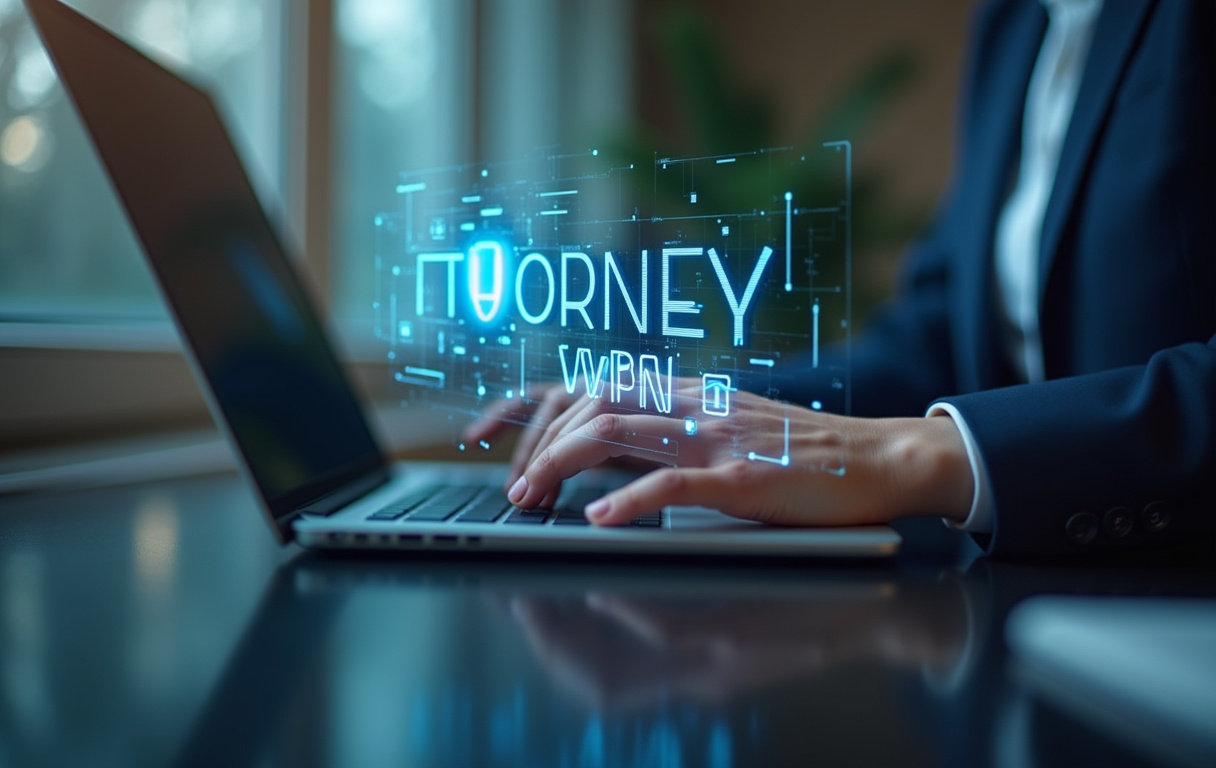
Table of Contents
legal VPN
In the increasingly interconnected world of legal practice, the safeguarding of client communication has emerged as a paramount concern. With sensitive information traversing digital landscapes, legal professionals bear a profound responsibility to maintain confidentiality, ensure data integrity, and comply with stringent ethical obligations. A Virtual Private Network () serves as an indispensable tool in achieving these objectives, providing a secure conduit for and shielding sensitive data from unauthorized access.
This article delves into the critical role of VPNs in the legal profession, exploring the multifaceted benefits they offer in protecting , upholding , and establishing a secure environment for attorney-client interactions. The selection of a should be based on a comprehensive assessment of the provider's security protocols, encryption standards, and adherence to data privacy regulations. Legal professionals must prioritize solutions that demonstrably prioritize client protection by anonymizing IP addresses, encrypting user traffic, and preventing DNS leaks that may expose browsing activity.
The use of untrusted networks, such as public Wi-Fi hotspots in coffee shops or airports, can expose lawyers to the threat of malicious attacks and eavesdropping. An unscrupulous hacker can intercept , giving rise to severe repercussions for the lawyer and undermining the client's legal case. A reliable VPN provides a secure tunnel for data transmission, and the lawyer's and client's internet traffic is encrypted, to protect against unauthorized access.
By encrypting data and masking IP addresses, VPNs effectively create a virtual fortress around sensitive communications, mitigating the risk of interception, eavesdropping, and data breaches. This is especially critical in a legal context, where the unauthorized disclosure of can have devastating consequences, including reputational damage, financial losses, and legal liabilities. Another use for is in remote areas and during travel.
Law firms increasingly operate across geographical boundaries, with lawyers working remotely from home, client offices, or while traveling. These locations often expose lawyers to unsecure networks. A well-implemented can prevent these attacks on communication channels without exposing .
Beyond the immediate protection of , VPNs also play a crucial role in upholding the broader principles of data security within legal firms. Many law firms now store client files and logs in cloud services. A can create a more secure communication channel to the cloud service that is not available for people without proper authentication.
By encrypting all network traffic, VPNs safeguard against unauthorized access to sensitive data stored on internal servers, external hard drives, or cloud-based platforms. This comprehensive approach to data protection minimizes the risk of data breaches, ensuring compliance with data privacy regulations and maintaining client trust. Choosing a is akin to selecting a trusted partner in safeguarding and maintaining .
Legal professionals should conduct thorough research and due diligence to identify VPN providers with a proven track record of security and reliability. Key factors to consider include the VPN's encryption standards, logging policies, server locations, and adherence to data privacy regulations. A reliable is the foundation stone against cyberattacks in the legal field and protects vital client information.
The use of strong passwords and multi-factor authentication is also very important.
confidentiality
The paramount importance of in the attorney-client relationship necessitates the adoption of robust security measures, and VPNs stand as a cornerstone in this endeavor. The very foundation of a lawyer's professional ethics rests on the principle of maintaining the secrecy of client information, and any breach of this can have dire consequences, imperiling the client's legal position and tarnishing the lawyer's reputation. A provides a secure and encrypted connection for all devices used for lawyer-client communication.
By obscuring the lawyer's IP address and encrypting all data transmitted, VPNs effectively shield from prying eyes, preventing unauthorized access to sensitive information. It is very important to carefully selecting the . Some VPNs follow "no logs" policies, which means they do not track or store data about your activities, so there will be no information to discover even if the VPN provider suffers a data breach.
The jurisdiction in which the company is based matters. For instance, some countries have mandatory data retention rules, which require communications or internet services companies that fall within their jurisdiction to save customer electronic communications and traffic data and turn it over to the government under certain circumstances. The use of "split tunneling" is a risk factor.
When “split tunneling” is enabled, only some of your traffic is routed through the VPN, leaving the remaining traffic exposed. The default configuration may vary depending on the VPN you chose for yourself. Therefore, it’s vital to always double check this and make sure all traffic follows the secure route.
Beyond the direct encryption of data, VPNs also offer a critical layer of protection against various cyber threats that can compromise . Phishing attacks, malware infections, and man-in-the-middle attacks can all be thwarted by the strong encryption and security protocols implemented by a reliable . By safeguarding against these threats, VPNs minimize the risk of data breaches and ensure that sensitive client information remains protected from unauthorized access.
In today's digitally driven legal environment, the use of unsecure communication channels can expose to significant risks. Email, instant messaging, and cloud-based file sharing platforms are all susceptible to interception and hacking, potentially compromising the of client information. A provides a secure and encrypted conduit for these communication channels, ensuring that all data transmitted remains shielded from unauthorized access.
With a implemented an organization shows their client a level of commitment to data protection and assures , of , but only if implemented well and used in compliance with internal security policies. VPNs encrypt the connection between devices like computers, smartphones, and tablets and the global internet. This makes sure that cybercriminals are deterred from attacking the system.
It becomes difficult for them to access the confidential data, such as Personally Identifiable Information (PII), financial data, or trade secrets, that is being transmitted while communicating with clients or third parties. By implementing enterprise-level VPNs, law firms can deliver the assurance to customers that sensitive information and interactions are highly secured from malicious attackers. An organization can also achieve regulatory compliances and avoid fines by maintaining of .
So the role of goes beyond security, it is also a business opportunity for legal professionals.
data integrity
Maintaining stands as a core tenet of legal practice, ensuring that remains accurate, complete, and unaltered throughout its lifecycle. Any compromise to can have serious consequences, potentially jeopardizing the client's legal position and undermining the lawyer's credibility. A plays a critical role in safeguarding by protecting data in transit from tampering and unauthorized modification.
Encryption makes it difficult for hackers to access or tamper with the data being transmitted. It is also important for selecting the right VPN to have high-security grade so that the protection can be assured. The VPN itself should not tamper with data.
The "kill switch" is one the most important features a premium service has, which acts like a fail safe. If the VPN connection unexpectedly drops, the kill switch immediately disconnects the device from the internet, preventing any unencrypted data from being transmitted. This ensures that sensitive remains protected even in the event of a VPN failure.
The modern legal workflow includes the transfer of very large files and data. This data has many forms like contracts, evidence, depositions, financial records, and expert witness testimonies. A law firm must have high confidence in the of those files.
VPNs are effective for ensuring this integrity. In addition to encryption and kill switch functionality, VPNs can also help maintain by protecting against man-in-the-middle attacks. In these attacks, malicious actors intercept communication between two parties and attempt to alter the data being transmitted.
A encrypts the communication channel, making it difficult for attackers to intercept and modify the data. When a lawyer works remotely, they communicate with their law firms with potentially sensitive data of their clients. VPNs provide a secure channel for preventing leak and modification.
The remote worker may connect to his firm’s network in encrypted mode, and this session can be made secure through a good VPN service. One of the uses of VPN for remote employees include safety against keyloggers which steal sensitive passwords and information. This also provide protection for the client accounts and important data of the company.
To uphold , it is essential for legal professionals to implement a comprehensive data security strategy that encompasses both technological measures and organizational policies related to . This includes implementing strong access controls, regularly backing up client data, and training employees on data security best practices. Choosing a has implications in maintaining ethical walls.
An ethical wall restricts the flow of confidential information between different teams within a law firm to prevent conflicts of interest. Conflicts of interest arise when a law firm represents a client whose interests are adverse to those of another current or former client. These may occur between different practices of the law firms.
An adequate VPN solution can secure against the unintended disclosure during . By combining the VPN as part of a wider strategy, lawyers can minimize risks and protect .
VPN for lawyers
Choosing the right is a critical decision that requires careful consideration of various factors. Not all VPNs are created equal, and legal professionals must prioritize security, reliability, and adherence to data privacy regulations when selecting a provider. A free VPN seems appealing, but those are not suitable for legal work.
Free VPNs often maintain logs of and are subject to data breaches. Because legal work is of high stakes and high value, a premium VPN is required to guarantee the integrity and confidentiality of information. One of the most important factors to consider is the VPN's encryption standards.
Legal professionals should prioritize VPNs that use strong encryption protocols, such as AES-256, to protect from unauthorized access. This encryption standard is widely regarded as one of the most secure available. The VPN server network is something to consider.
A wide network gives you more options for virtually changing your location, accessing geo-restricted content, and optimizing connection speeds. The VPN's logging policies are also crucial. Legal professionals should seek out VPN providers that adhere to strict "no logs" policies, meaning they do not track or store any data about users' online activity.
This ensures that there is no record of that could potentially be compromised in the event of a data breach. The location in which the VPN company is based also matters. Choosing a VPN service based in a country with strong data protection laws or outside of intelligence-sharing alliances is the key.
When advising clients, lawyers are frequently required to share sensitive documents in strict confidence. It’s important that lawyers recognize that sharing documents via an unsecure online connection is risky. Cybercriminals often target law firms because they know law firms possess valuable information.
A secure document sharing is an important aspect of . This may range from using a specialized VPN that can allow only limited access to some data parts. Beyond technical considerations, legal professionals should also assess a VPN provider's reputation and track record.
Look for providers with a long history of providing reliable service and a proven commitment to data security. You will also want a with responsive Customer Support that is available 24/7, who can assist you with any technical issues or questions. Given the complexity of VPN technology and the ever-evolving threat landscape, legal professionals may also consider seeking guidance from cybersecurity experts or IT consultants.
These professionals can provide valuable insights and recommendations to help legal firms choose the right to meet their specific needs. They can also help and implement an all round solution that goes beyond a simple software installation. This may include training the employees and defining a formal policy.
By conducting thorough research, seeking expert advice, and prioritizing security and reliability, legal professionals can select a VPN that provides robust protection for and helps them uphold their ethical and legal obligations.
client communication
In conclusion, VPNs have become an indispensable tool for legal professionals seeking to protect , maintain , and ensure in an increasingly digital world. By encrypting data, masking IP addresses, and providing a secure conduit for online activity, VPNs offer a robust defense against cyber threats and help legal firms uphold their ethical and legal obligations. Selecting the correct is a significant decision that requires cautious consideration of various factors, consisting of safety protocols, logging guidelines, server locations, and adherence to data privacy regulations.
As cyber threats continue to evolve and become more sophisticated, legal professionals must remain vigilant and adapt their security strategies accordingly. This includes staying informed about the latest trends in VPN technology, regularly reviewing and updating security policies, and providing ongoing training to employees on data security best practices as related to . Looking ahead, the role of VPNs in the legal profession is only likely to grow in importance.
As legal firms increasingly rely on digital tools and cloud-based platforms to conduct their business, the need for robust security measures will become even more critical. VPNs will continue to serve as a cornerstone of these security strategies, providing a secure and reliable means of protecting and ensuring the of sensitive information. The integration of VPNs into law firm security protocols represents a strategic investment in safeguarding client relationships, bolstering firm reputation, and ensuring compliance with increasingly stringent regulatory requirements.
Embracing VPN technology as a fundamental component of a comprehensive security framework will empower legal professionals to navigate the complexities of the digital landscape with confidence, knowing that remains shielded from unauthorized access and manipulation. Furthermore, legal firms embracing VPN technology gain a competitive advantage by showcasing a commitment to data protection, instilling greater confidence in clients and attracting top talent. By embracing a proactive and comprehensive approach to data security, legal professionals can ensure that they are well-equipped to meet the challenges of the digital age and continue to provide their clients with the highest level of service and protection.
This ultimately redounds to the benefit of the entire legal system, fostering trust and ensuring the integrity of justice. With careful planning and implementation, the is more than just a tool; it is a testament to a firm's dedication to due process, ethical conduct, and client-centered representation. It helps to ensure law firms and clients alike know that their communications remain sacrosanct.
This commitment protects not only the firms themselves, but also the broader interests of justice and fairness in an increasingly interconnected world.
Stay Updated
Get the latest VPN news, tips, and exclusive deals to your inbox.

